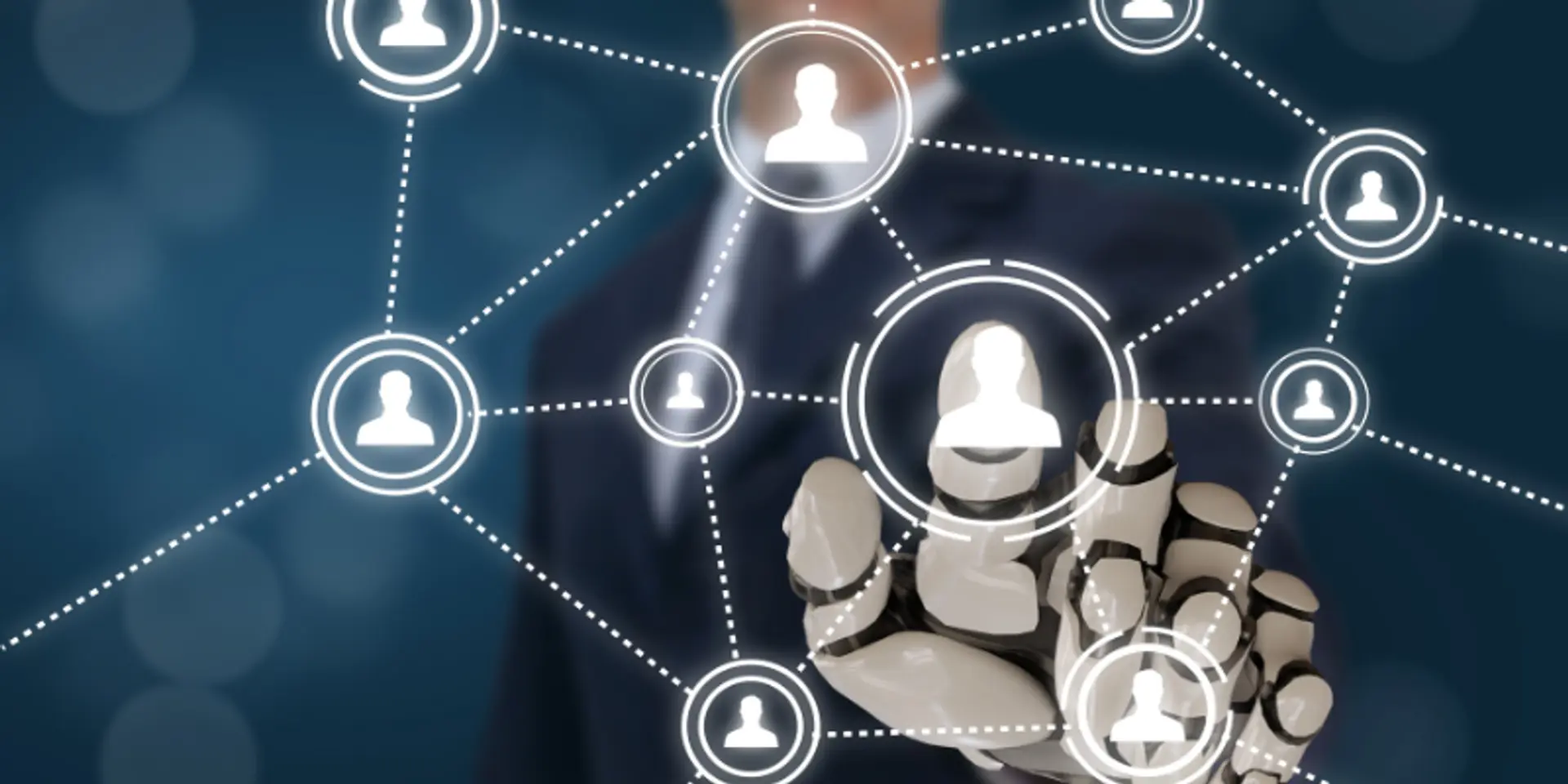How AI is revolutionising the staffing industry
Many companies are now using artificial industry (AI) to find the best talents to suit their roles, looking under the hood, and assessing applicants in a new way.
What once seemed like far away future is now a reality. The staffing industry is undergoing a revolution like never before. Almost all Fortune 500 companies are, in one way or other, using some form of automation. Many companies are trying to look asses applicants in completely new ways, employing artificial intelligence (AI) to find the very best talents.

In a survey by Deloitte, 33 percent of respondents said that they were using AI to simplify the recruitment process – ultimately saving precious time and reducing the chances of human bias as well. There are several benefits of implementing AI on a larger scale in the staffing industry.
Let’s discuss some of them.
AI increases quality of hiring
There is a big pool of applicants out there that the staffing firms have to scamper through in order to find the right candidate. With the help of AI, these firms can collect more data on every candidate, which makes the evaluation process more efficient.
Also, AI can help better assess the skills of the candidates and match the right candidate with the job – simplifying and speeding up the process.
Saves time
In the corporate world, time is one of the most precious commodities and AI has greatly helped in saving time. AI-empowered software only requires a few seconds to analyse and evaluate large chunks of data, and deliver results which can then be studied by the people making the decisions.
In simple words, AI can learn an organisation’s needs, requirements and preferences, and effectively find the candidate with the appropriate skills and experience. By saving time, AI helps in saving money as well as resources.
Helps to make unbiased decisions
Human decisions always have a certain degree of bias – conscious or unconscious. Because of this, the decisions made during the recruitment process aren’t always fair.
AI solves this problem by electing only those candidates whose skills match with the job requirement – helping both the candidate and the organisation.
Revolutionising the existing hiring process
AI has brought a revolution in the hiring process, the likes of which haven’t been seen before. The trend has really caught up in recent years and it seems that it is here to stay. Companies like HIREVUE are creating video recruiting platforms where AI bots are conducting interviews.
The advantage of an AI interviewer over a human interviewer is that it is not only capable of biometric and psychometric analysis, but it also assesses the candidate’s body language, vocal inflexions, and facial expressions. This deep level of analysis helps the recruiters better understand the candidate’s personality, intent, and confidence – thereby aiding the recruitment process.
The traditional process of hiring includes posting job ads, interviewing applicants, and eventually selecting the most suitable candidate from the pool. The process, however, running solely on human power, is riddled with inaccuracies.
Posted randomly, the job ads may never even reach the right candidate. The right candidate might get rejected early for not having made the right resume. The interviewer might not be able to realise the full potential of the candidate during the interview. This is where AI can lend a helping hand.
Let us analyse the process step by step.
Posting job ads
AI software can analyse large amounts of data from people’s search histories and post targeted ads. These ads will receive more appropriate responses and most interested candidates will be motivated to apply.
Interview process
Once the recruitment process begins, AI-powered chatbots come into play. Chatbots can talk to the candidates, answer their basic queries and fill in the gaps in the resumes.
There has recently been an emergence of advanced bots that can study the behaviour of the candidate using Natural Language Processing (NLP) and asses if a candidate possesses the desired skills. This way, unsuitable candidates can be detected early and filtered out, which will save a lot of time and resources.
Besides revolutionising the hiring process, AI, combined with IoT, can also help improve job satisfaction and retaining valuable talent. With the seemingly infinite potential of AI, the staffing industry can really soar in the years to come and grow manifold.
Still, there are some sceptics who are afraid of the intervention of AI in the hiring process. Many fear that AI cannot yet understand candidates like human interviewers do and many fear that they will end up losing their job to a computer program.
The latter is a legitimate fear as AI has proven itself to be way better than humans at repetitive tasks and it’s only a matter of time before it becomes better than humans at understanding humans themselves.
However, the implementation of AI doesn’t have to mean the removal of humans from the staffing industry. In fact, by working in tandem with the AI, we can achieve much loftier goals.
Edited by Saheli Sen Gupta
(Disclaimer: The views and opinions expressed in this article are those of the author and do not necessarily reflect the views of YourStory.)








